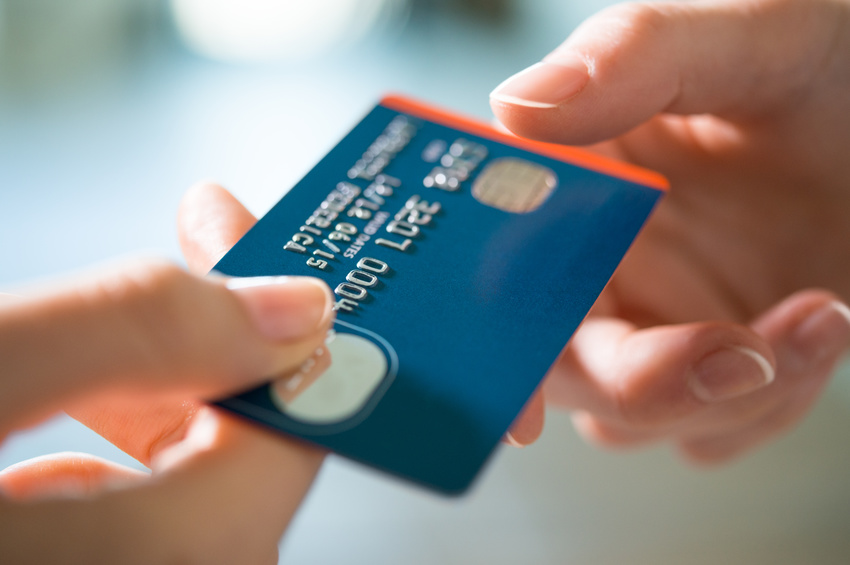The upcoming MasterCard and Visa (EMV) chip and pin cards to the U.S. has many American merchants worried about the inevitable shift of credit and debit card fraud from the point of sale to online channels. EMV cards, while highly effective in thwarting counterfeiting and related card-present fraud, offer no more fraud protection on the Internet than the magnetic-stripe cards they will eventually replace. This is shocking to some, as the cards are highly praised in Europe, where chip and pin cards have been used for many years.
Payments executives are alive with talk about how to mitigate the expected rise in online fraud after a major EMV deadline in October 2015. They have proposed solutions ranging from more use of existing but underutilized anti-fraud services to tokenized transactions, biometrics, and other remedies. However, merchants experienced in combatting online fraud suggest a better use of in-house data may provide the most effective remedies. Southwest Airlines has reduced its online fraud by 75% since it began implementing new controls and deploying software about five years ago that mines its internal data for fraud indicators. Southwest Airlines found out which routes had high fraudulent booking levels, and which times of day tended to have the most fraudulent transactions. This helped them zero in and monitor suspected problems.
However, some of the fraud-prevention measures available from the card networks, such as card verification values (CVVs), the codes on the back of a bank card, and the Address Verification Service (AVS) can help but are not as effective as in-house data in preventing fraud, which can be a surprise to many people. The 3-digit code on the back of the card is often asked for in online purchases, and it can make consumers believe that this code can protect them. The fact is hackers can access everything about the card if they hack into software – including the 3-digit CVV number.
Against the belief of many, the switch to chip and pin cards will not necessarily help prevent fraudulent transactions from occurring. Responsible merchants are upping their game plan and are taking on data theft head-on by learning when and how data is taken from their software. It seems to be up to the merchants to prevent fraud from occurring, or at least that is how many merchants see it. Only time will tell if the new chip and pin cards deter cyber theft, but if history can tell us anything, it is that cyber thefts adapt to new technology rather quickly.
For safe, fast, and reliable Merchant Services contact us today!


